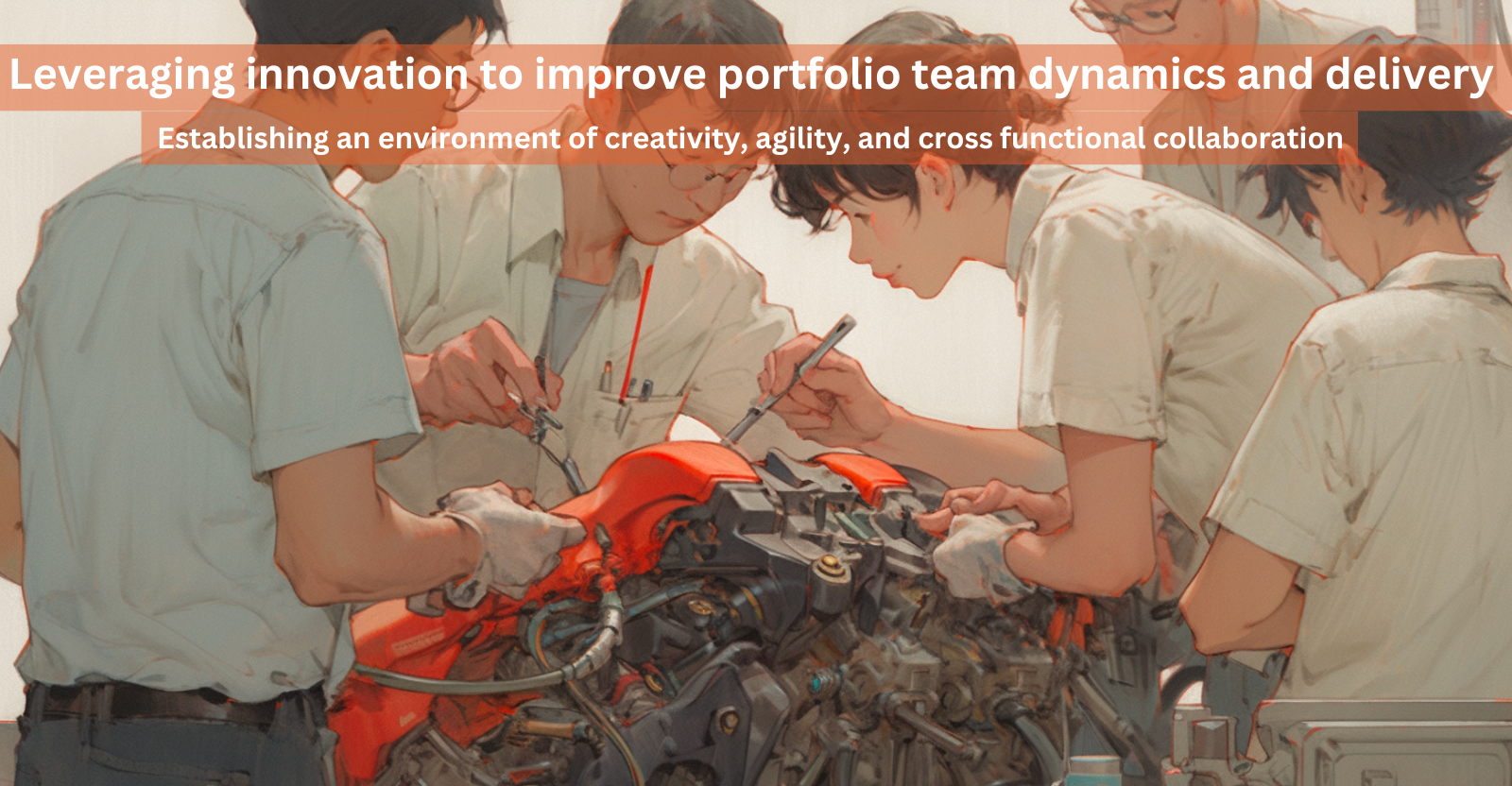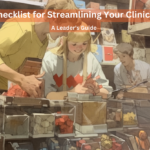The role of the VP HCP Marketing is pivotal, particularly when it comes to forging and nurturing relationships with Key Opinion Leaders (KOLs) in various therapeutic areas. Traditionally, this has involved a direct, somewhat static engagement strategy focused on disseminating product information, clinical data, and educational resources. However, the application of agile principles—namely, iterative development, customer collaboration, and responding to change—presents a more dynamic approach to achieving these goals.
Traditional KOL Engagement Strategies
Traditionally, engagement with KOLs has been characterized by one-way communication flows, where pharmaceutical companies provide KOLs with information through scheduled meetings, symposia, and printed materials. This model, while structured and comprehensive, often lacks the flexibility to quickly adapt to the evolving needs and insights of KOLs, potentially hindering the depth and efficacy of these relationships.

Incorporating Agile Principles
- Iterative Development: This principle advocates for a more dynamic engagement process, where feedback from KOLs is continuously solicited and utilized to refine and adjust engagement strategies. This approach ensures that interactions remain relevant and aligned with KOLs’ current interests and needs.
- Customer Collaboration: Agile emphasizes working closely with KOLs as partners rather than viewing them merely as recipients of information. This collaboration facilitates a deeper understanding of their perspectives, enhancing the credibility and relevance of the information shared.
- Responding to Change: Agile methodologies prioritize flexibility and responsiveness to new information. In the context of KOL engagement, this means being prepared to pivot strategies based on new clinical data, market developments, or KOL feedback, ensuring that the relationship remains productive and mutually beneficial.

Strategic Benefits
Adopting agile principles in KOL engagement strategies offers several strategic advantages. It fosters stronger, more responsive relationships with KOLs, enhances the credibility and penetration of product messaging, and ensures that pharmaceutical companies can swiftly adapt to changes in the healthcare landscape. For VPs of HCP Marketing, this agile transformation represents not just an operational shift but a strategic advantage in an increasingly competitive market.
The transition towards an agile engagement model with KOLs marks a significant shift in pharmaceutical marketing strategies. By embracing iterative development, customer collaboration, and responsiveness to change, companies can build more robust, influential relationships with KOLs, driving forward their product credibility and market success.









